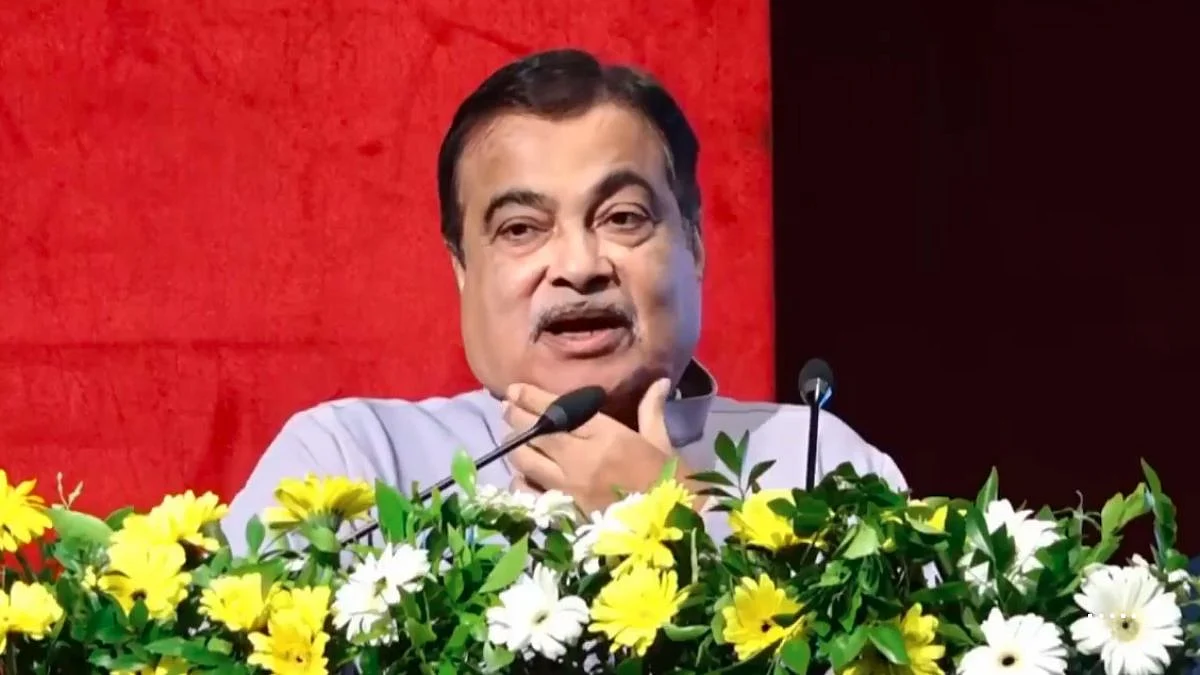India is expected to face hotter weather in the coming months, raising concerns about a repeat of last year's intense heat wave that could damage crops and further strain the country's power network.
According to S.C. Bhan, a senior scientist at India's meteorological department, there is an enhanced probability of heat waves in most parts of the country from March to May. An early onset of hot weather has already led to near-record electricity demand and a panel being set up to monitor the impact on the wheat crop.
Last year, India had its hottest March in over a century, which scorched the grain harvest and forced the government to curb exports.
Hottest February recorded since 1901
The weather office reported that monthly average maximum temperatures across the country were the highest for February since 1901. Temperatures in March, which is crucial for the wheat crop at a vulnerable stage, are likely to be above normal in most parts, except in the peninsular region. Prolonged heat could lead to a second consecutive year of lower wheat production, impacting efforts to control local food costs.
India is the second-largest producer of wheat after China, and lower output may lead to a continuation of export curbs, which would keep the global market tight.
India is one of the most vulnerable countries to climate change, with extreme weather events such as heat waves, heavy flooding, and severe droughts killing thousands of people annually and eroding farm productivity.
Changing weather affects power supplies
Such events also increase demand for fossil fuels and dry up sources of hydropower, burdening the country's energy supplies. Power plants that run on imported coal have been asked to operate at full capacity for three months during summer to prevent blackouts and ease pressure on domestic supplies. Generators are producing more electricity to meet rising demand from air conditioners and irrigation pumps.
The number of Indian states hit by heat waves has more than doubled since 2015, reaching 23 in 2020. The country defines a heat wave as a period of abnormally high temperatures, more than the normal maximum temperature that occurs during the hot weather season. It is crucial for India to prepare and take measures to mitigate the impact of extreme weather events as they continue to occur more frequently.










